If you are doing financial planning, chances are you are "planning" with one the hundreds of thousands of Registered Investment Advisors (RIAs) or broker-dealers who are doing conventional planning. They all run Monte Carlo simulations showing you the probability of achieving "your" plan -- the typically miles-too-high retirement spending goal they've set for you in one of three ways -- using an 85 percent of pre-retirement income replacement rate, asking you what you'd like to spend annually in retirement (my answer is $1 billion), or assuming you will withdraw 4 percent or some other constant share of the assets you owned at retirement each and every year, no matter whether those assets how lost half their value.
Next they show you that you can't meet "your" target without investing more aggressively. "Let me invest for you. I'll let you meet your target at least 80 percent of the time." At this point in the bait and switch, they present a more aggressive investment strategy with an 80 percent or higher probability of success. I just reviewed a plan from Merrill Lynch. Here's their statement about their investment advice: "The Asset Allocation Strategy that has been formulated in light of your goals is inconsistent with your Investor Profile." In plain English, this means that Merrill is recommending a strategy with more risk than the household was taking and, presumably, preferred. In the plan I reviewed, the retired couple is in their mid Sixties. Merrill's asset allocation is 80.37 percent equity and 16.51 percent in fixed income, none of which appears to include TIPS!
The industry's practices violates any reasonable economics-based fiduciary standard, plus you get to pay 1 percent of more of your financial assets to end up with up to a 20 percent chance of becoming destitute in retirement. No one in their right mind would want to put their spending on autopilot independent of how well their investments perform. And putting 80 percent of your assets in equity when you retire is asking for major trouble particularly given you are being told to keep spending the same amount even when the market tanks.
In this podcast, Larry takes you through MaxiFi Planner's Full Risk Investing analysis. He recently posted a podcast on MaxiFi's Upside Investing.
Full Risk Investing and Upside Investing are MaxiFi's two educational tools for assessing investment and spending strategies. They both are forms of stochastic planning, using Monte Carlo simulations to show how your living standard will evolve based not just on how you invest through time, but also on how you spend through time. As users of MaxiFi know, the tool also does deterministic planning, which accounts for investment risk by assuming you'll earn the prevailing TIPS return on your assets. I.e., it risk adjusts your portfolio. This is called certainty equivalent planning. The methodology is a major element of the field of finance.
Upside Investing assumes you invest in both stocks (the S&P 500) and safe assets (e.g., TIPS), but spend only out of safe assets. This provides a floor to your living standard -- a floor that only increases in the future if and when you commence withdrawals from your stocks. Such withdrawals are assumed to be invested safely permitting higher sustainable spending. So, Upside Investing's mantra is only spend out of safe assets and put your stocks on autopilot -- reinvesting any returns. MaxiFi runs Monte Carlo simulations showing you that investing more in stocks produces a higher upside to your future living standard, but at the cost of a lower living standard floor and vice versa.
Full Risk Investing assumes you spend cautiously through time, but out of all your assets, risky as well as safe. Spending is determined by running you through MaxiFi's deterministic report year after year based on the assets you have in the year in question. Like Upside Investing, Full Risk Investing runs 500 Monte Carlo simulations and then displays the results. But it does much more. It also lets you compare safer and riskier investment strategies summarizing their relative merits based on our Comfort Index that incorporates your specified risk tolerance. Economists refer to the Comfort Index's analysis as Lifetime Expected Utility Maximization. It's the standard methodology used in the field of finance in determining optimal intertemporal (over time) portfolio choice.
Topics Covered:
**Investment Strategies and Risk Management**:
**Economic-Based vs. Conventional Financial Planning**
**The power of MaxiFi Planner and Financial Tools**:
**Concept of Consumption Smoothing**
Timestamps:
00:00 investing and risk analysis.
07:09 Deterministic planning for maximizing investment with tax implications.
10:50 Economic planning: Smooth living standard, balanced spending.
14:45 Use case and example scenario.
16:04 Increased living standard, investing and converting trajectory.
19:59 Stock accumulation, Monte Carlo simulation, gradual withdrawals.
31:19 Investing in risk affects living standard outcomes.
33:51 Maintain spending in retirement without market dependency.
36:01 Risk aversion affects happiness in spending losses.
41:58 Investing involves risk and cautious spending.
44:14 Conventional planning may not be suitable.
This discussion is particularly valuable for anyone seeking to improve their financial decision-making processes. By incorporating insights from both economic theory and practical tools. You will walk away with the knowledge needed to take control of your financial future confidently.
Economic Matters - The podcast is hosted by Laurence Kotlikoff, a Boston University Economist, a NY Times Best Selling Author, President of maxifi.com, and Author of Money Magic.
Stay Connected: Facebook, Twitter, LinkedIn

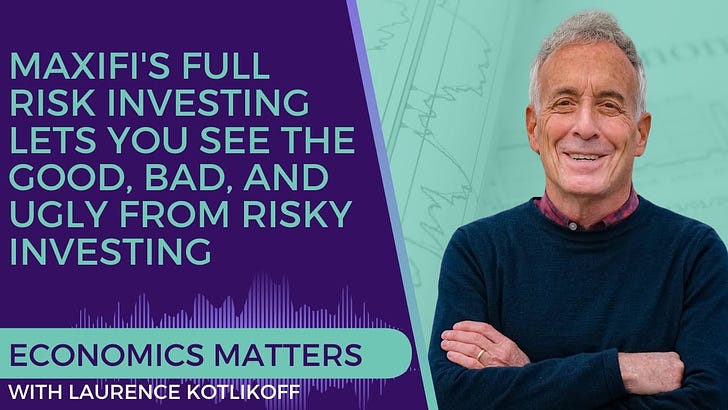


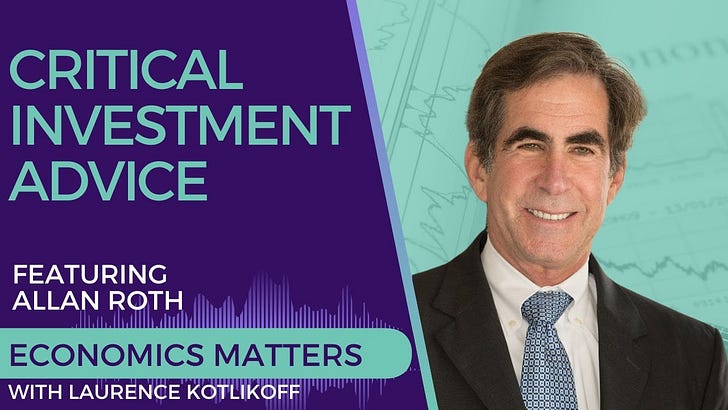
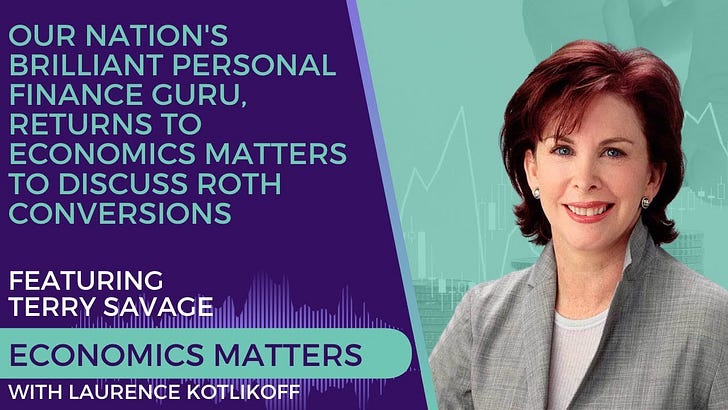
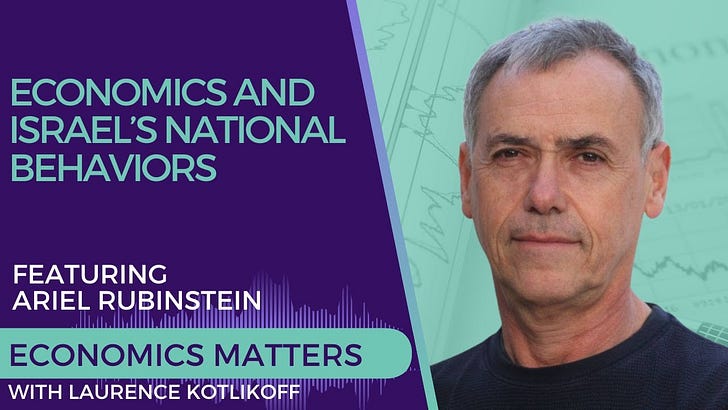
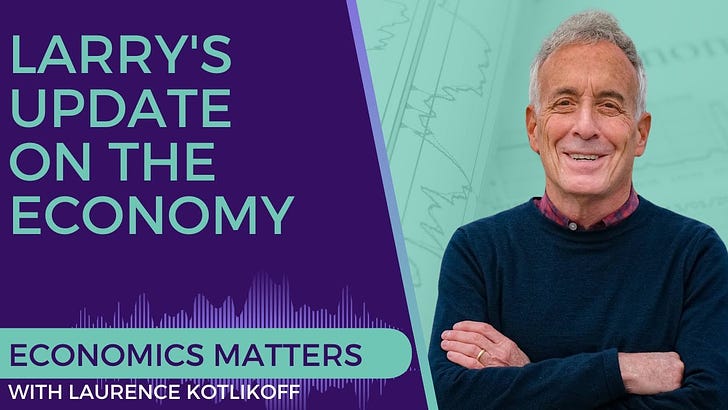
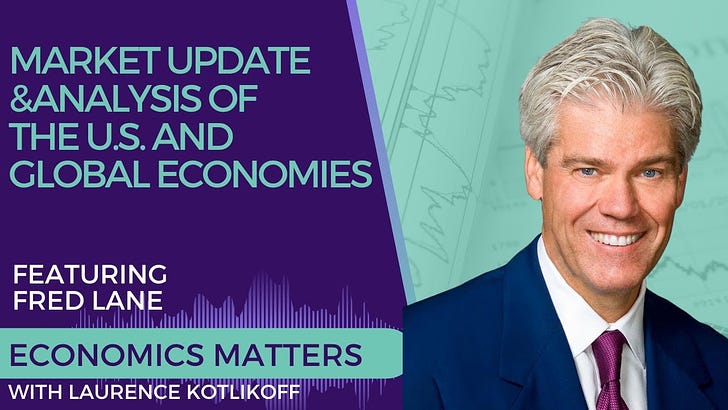
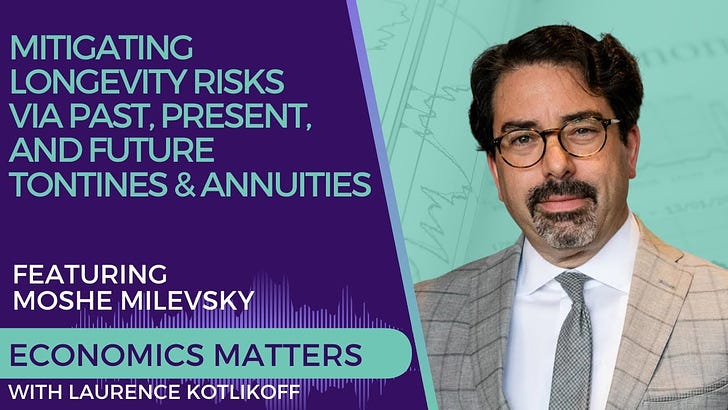
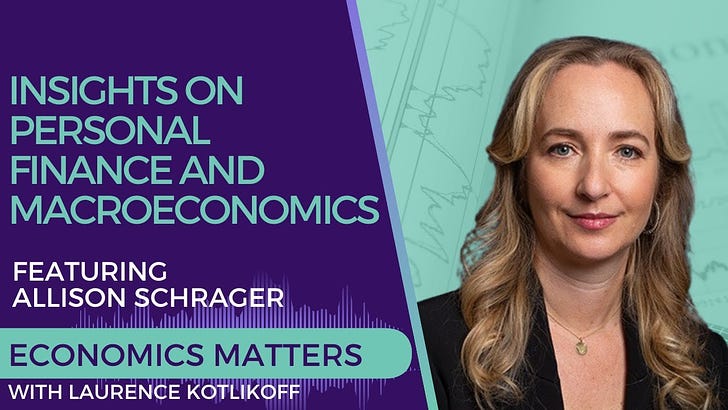
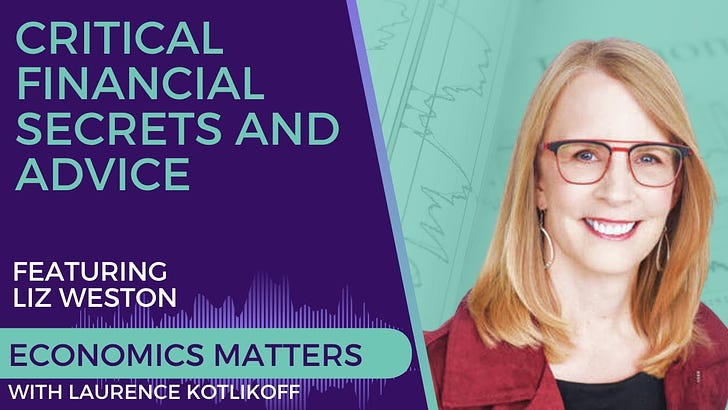
Share this post